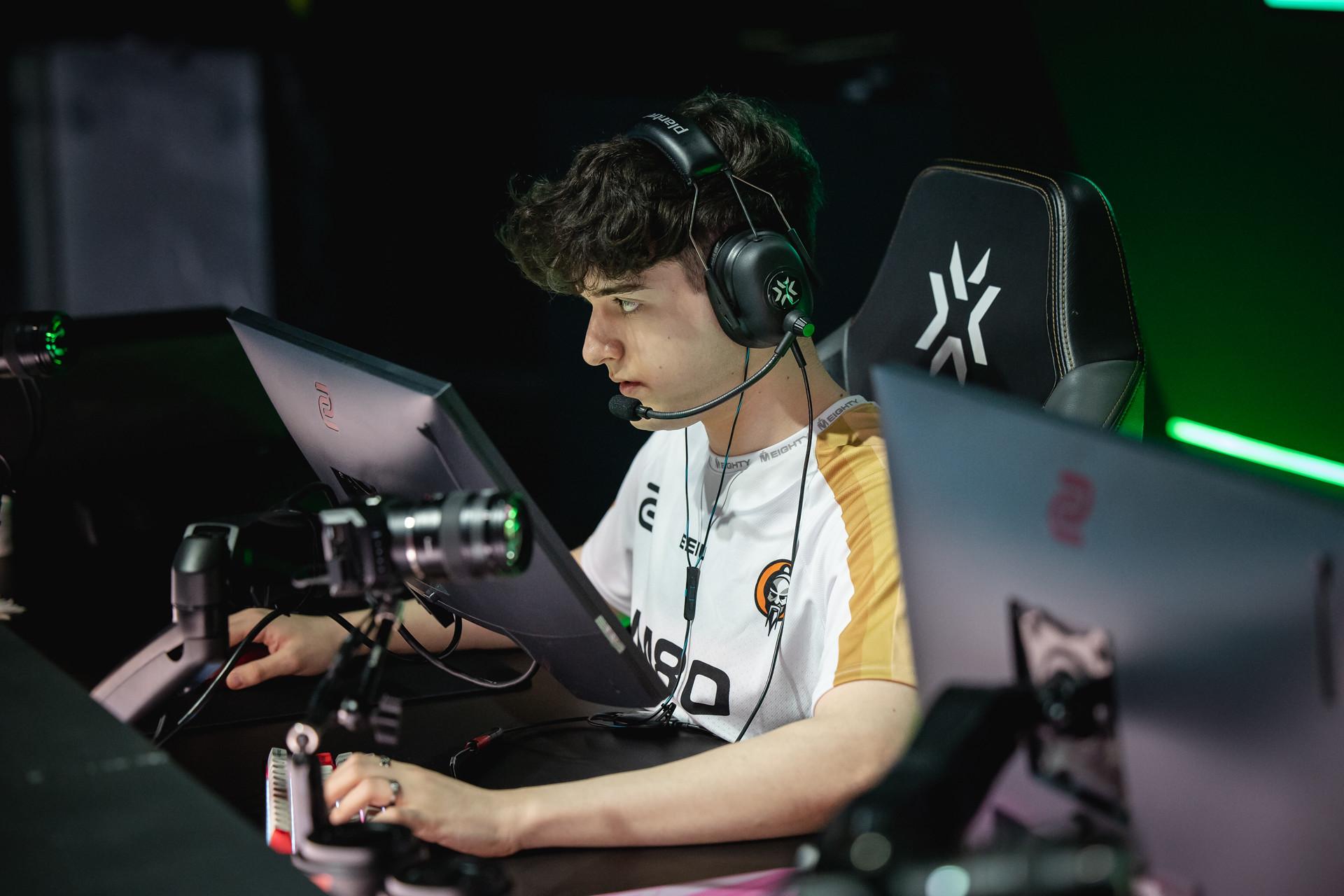
A Journey into the heart of online gaming
In recent years, the gaming world has seen a paradigm shift, moving beyond living room consoles and local multiplayer configurations. However, with the emergence of high-speed internet facilities, online games have developed into a cultural phenomenon. Today, it allows millions of players across different parts of the world to virtually congregate in a single space where the only limitation is regulation.
Imagine this: millions of players, scattered across the globe, virtually gathering in one big cosmic gaming arena where the only rule is, well, there aren’t many rules. It’s like a digital Woodstock, minus the mud, but with just as much excitement. Online gaming isn’t just a trend; it’s a full-blown cultural phenomenon.
The evolution of online gaming and multiplayer games
Online gaming has a long history and can be found even in the early years of the Internet when developers attempted to connect players via dial-up connections. However, the real breakthrough happened in the late of 1990s— It was then that online gaming really took off. These games, such as Quake and StarCraft, opened the doors to a new age where players could battle each other in real time. This meant that for the first time, players started to enjoy facing opponents who could be halfway around the world and this signified a major shift.
With technological developments came the MOGs, i.e., Multiplayer Online Games. Titles such as World of Warcraft, EverQuest, and Guild Wars stormed the gaming world with massive virtual worlds that players could explore mutually. These games not only demonstrated the technical capabilities of online gaming but also created worlds free from geographical restrictions. Players created friendships, embarked on great adventures, and built alliances that many times went beyond the virtual world.
Competitive gaming and online gambling
The competitive nature of online gaming grew with the emergence of esports. Games such as Counter-Strike, Dota 2, or League of Legends were associated with major tournaments that commanded huge views online. What used to be a pastime turned into a spectator sport as more and more people gathered in stadiums to watch gifted gamers face off against each other, with gaming tournaments drawing just about as many audience ratings as those people did for traditional sports. Esports’ growth was also accelerated by online platforms such as Twitch, which enabled fans to communicate with their idols and teams instantaneously.
Online platforms have also enabled individuals with easy, anytime access to a wide variety of casino games and betting opportunities for convenience straight from home. Online gambling, which covers gaming activities such as poker, blackjack, and sports betting, turned into a virtual paradise for lovers of adrenaline rush and tacticians. However, it is necessary to treat gambling via the Internet with due care since a game of chance may easily turn into a bad thing.
Social angle and virtual economies
Most importantly, online gaming provides the feeling of belonging to a community. Online multiplayer gaming gives room for interaction, communication, and cooperation between people based on similar interests. From chatting in the game to designated forums and social media groups, players are constantly sharing strategies, tips as well as camaraderie. The increasing popularity of online gaming has produced a global village where players from all sorts of racial, economic, and cultural backgrounds unite through their shared interest in playing games.
Online gaming, in addition to offering competition and fostering camaraderie, has spawned virtual economies and in-game societies. For instance, Eve Online showcases a player-driven economy where the game’s resources hold real-world value. Within the constraints of this virtual universe, players trade, purchase, and sell digital assets, thus forging a dynamic economic ecosystem. Moreover, certain games have undergone an evolution to a stage where they incorporate in-game political systems. These systems feature elected leaders and diplomatic negotiations, introducing a complexity that reflects the real world.
Impact on mental health and the future of online gaming
While there are numerous positive effects of online gaming, it is crucial to understand the impact that these games can have on mental health. For some, gaming is a kind of therapeutic relief that creates the space for them to ease their stress and unwind. Gambling too much, however, can cause problems like addictions, isolation from people, and inattention to real-life issues. Of course, players should also learn to strike a balance and perceive gaming in mindfulness so that they can maintain positive and sustainable experiences.
With the further development of technology, online games have fascinating prospects. VR and AR technologies have the potential to reshape gaming as we know it today by allowing players to step into completely new virtual worlds. Hardware limitations are also being removed with the help of cloud gaming services that allow gamers to play high-quality titles on many different devices. The dividing line between traditional games and online gaming is eroding, opening up the dawn of a period in which it will become harder to see the distinction between single-player and multiplayer experiences.
Online gaming has indeed come a long way. From its humble beginnings, it morphed into a global phenomenon that does not acknowledge any of the barriers such as age, culture, or geography. The journey inside the world of online gaming has unearthed not only its technological milestones and competitive fire but also the lively communities and social relationships that make a truly enriching experience. As we sail further into unending avenues of virtual worlds, one thing is for sure: The game has just begun, and the journey starts now. If you are just a casual player or if esports is your religion, the world of online gaming embraces everyone to go on an adventure where only imagination can be limited.
Recommended

MrBeast takes action on Ava controversy, responds to allegations
MrBeast has launched a private probe.

Here’s how to play Marvel Rivals closed beta playtest
How to jump into the Marvel Universe.








